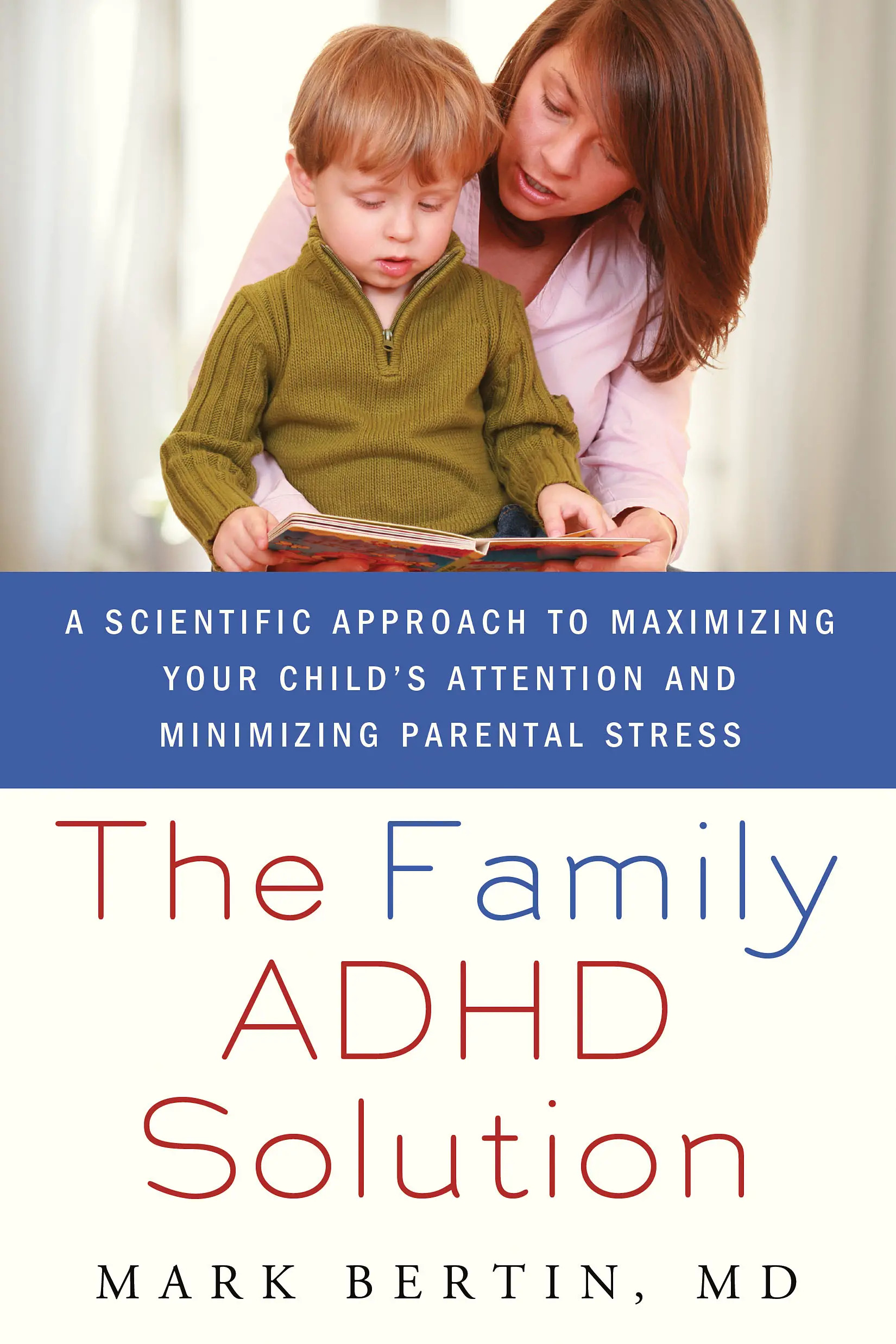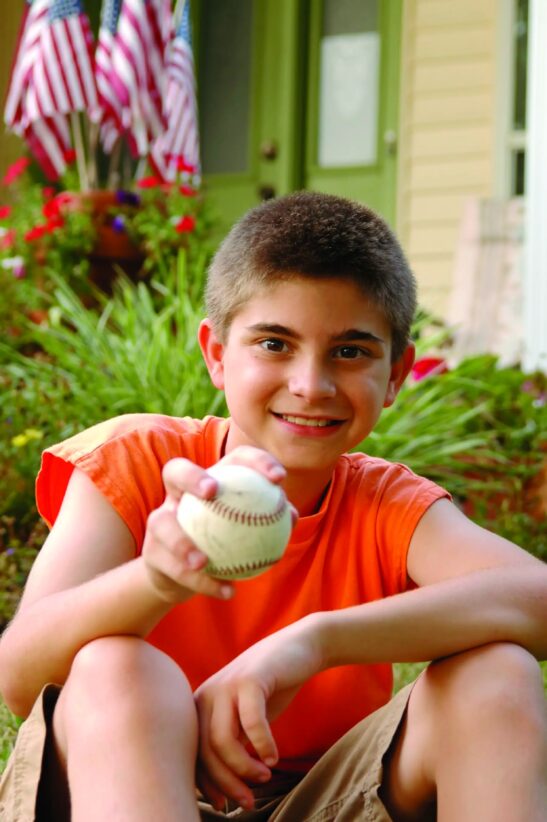Forty percent or more of kids with ADHD also have significant oppositional behavior. These guidelines will help you manage your child’s acting out-and help you remain calm in the tough moments.
Sometimes oppositional behaviors stem from ADHD alone—the emotional reactivity inherent in the condition. We all get frustrated throughout the day, but with ADHD there may not be a filter, leading kids to get upset or rattled and react without pausing. Other children may have a true “oppositional disorder,” an inherent trait separate from their ADHD.
If you keep track of your child’s behaviors over a stretch of time, a pattern may emerge. Noticing the common causes of the behavior you’ve observed may allow proactive planning, anticipating, and heading off the problem before it happens.
Change is hard. We have our ways, tendencies to be too strict or too lenient. Below is a framework for managing oppositional behaviors, integrating tools from a variety of disciplines, including mindfulness, which engenders a refocusing on positive interactions, an openness to new solutions, and compassion in understanding what it means to live with ADHD.
 Practice the skill of noticing yourself lost in mental distraction.
Practice the skill of noticing yourself lost in mental distraction.
Return your attention to your actual experience, moment by moment, hour by hour, day by day. Notice when you’re off in thoughts, plans, or ruminations over the past, or when you remain mentally enmeshed in a recent situation. At dinner, if you’re still annoyed about how the morning went, you’re going to miss the fact that your child has moved on and wants to hang out.
Focus your attention on your actual experience with your children.
Most days, some small experience that is pleasant and enjoyable will happen. Some moments may be challenging, but many are not. Enjoy them, and make sure to focus your attention on the experience, and on your child, throughout. If there is a successful behavior to praise, praise it before anything else has happened.
Create time for your child each day.
Whatever it takes, carve out some time daily for your child. Let them pick the activity, and follow their lead as much as possible. If you have more than one child you may need to alternate days, allowing each child to get your full attention for however much time you can reasonably carve out.
If your schedule seems too full for this, reevaluate your schedule. How are you spending your time? How much time on email, television, Internet? Are there household responsibilities that can shift or can wait until after your child’s bedtime, or the next day?
Monitor your own behavior.
Monitor your habits and emotional reactions around behavior management. If you escalate and yell or spank a child, you temporarily gain control but simultaneously teach that the loudest voice, or the heaviest hand, wins a confrontation.
But don’t hold yourself to an impossible standard. You’re going to lose your control at some point or another. Look with objectivity and compassion at what you tried, and don’t give yourself a hard time. You did your best, but habits will crop up, again and again. Set out a new intention for the next time if you like. And then through steady practice, you recover and move on sooner than before.
When you feel yourself agitated or overwhelmed, pause and focus on several breaths. We often find our way out of habits when we draw our attention to them, so stop, take a measure of the situation, and then move forward.
Practice pausing before making requests.
What do you anticipate asking? What do you really want to happen? Would it be possible to offer it as a choice—do you want dinner now or in 15 minutes? Is your request important, or could you let it slide? Notice how you are holding yourself, and imagine the tone of voice you would like to use.
Notice what happens after you make a request. What is your child’s response? How much does it mirror your behavior? Listen and pause, and find where you can agree while still maintaining your perspective as a parent. When you make a request, is it consistently followed? When you ask for something, be prepared to enforce it. Children are smart—if they learn that by pushing back they’ll get their way, why should they stop pushing?
Begin behavior modification by emphasizing appropriate behaviors.
Start by noticing and praising the specific behaviors you want to promote. Then, create plans that reward the opposite of problem behaviors. Not only young children respond; a teenager can have his compliance increased around homework (or anything else) when earning something useful. Even when you are facing extreme behavioral challenges, select rewards that motivate but then can be repeated over time.
Consistently uphold limits and rules.
Consequences are most effective when they are immediate and do not escalate the situation. In the midst of enforcing discipline, there is little point in discussion. That can wait until later. Right now, engaging in a circular debate when you’ve already decided to enforce a rule only lets the situation build. Consequences may include time—outs or temporary loss of certain toys or privileges, such as television or video game time.
When a behavioral plan isn’t working, reexamine the plan.
Does your plan account for your child’s true abilities, right now? One common reason systems fail is that a child just doesn’t have the skill yet. If they are fundamentally impulsive, you won’t accomplish enough by emphasizing the rules (don’t hit) without offering alternative skills through other behavioral or medical interventions. The bar needs to be set slightly above their present skill level, with a goal of more success than failure. As well, remember to maintain focus on incremental progress, as change happens slowly.
Seek expert help.
When oppositional behaviors occur in a child with ADHD, try your best, but always remember: You’re a parent, not a behavioral management super-genius. Maybe you’ve read a book that felt useful, but you still don’t have a handle on everything. That’s entirely to be expected. These situations are immensely complex and clinicians complete years of training to understand them. When you feel stuck, reach out to someone with the clinical background to help.

From “The Family ADHD Solution” by Mark Bertin, MD. Copyright © 2011 by the author and reprinted by permission of Palgrave Macmillan, a division of Macmillan Publishers Ltd.
Related Articles:
Walking on Eggshells: Oppositional Children and Mental Health
How to Parent an Oppositional Child




















